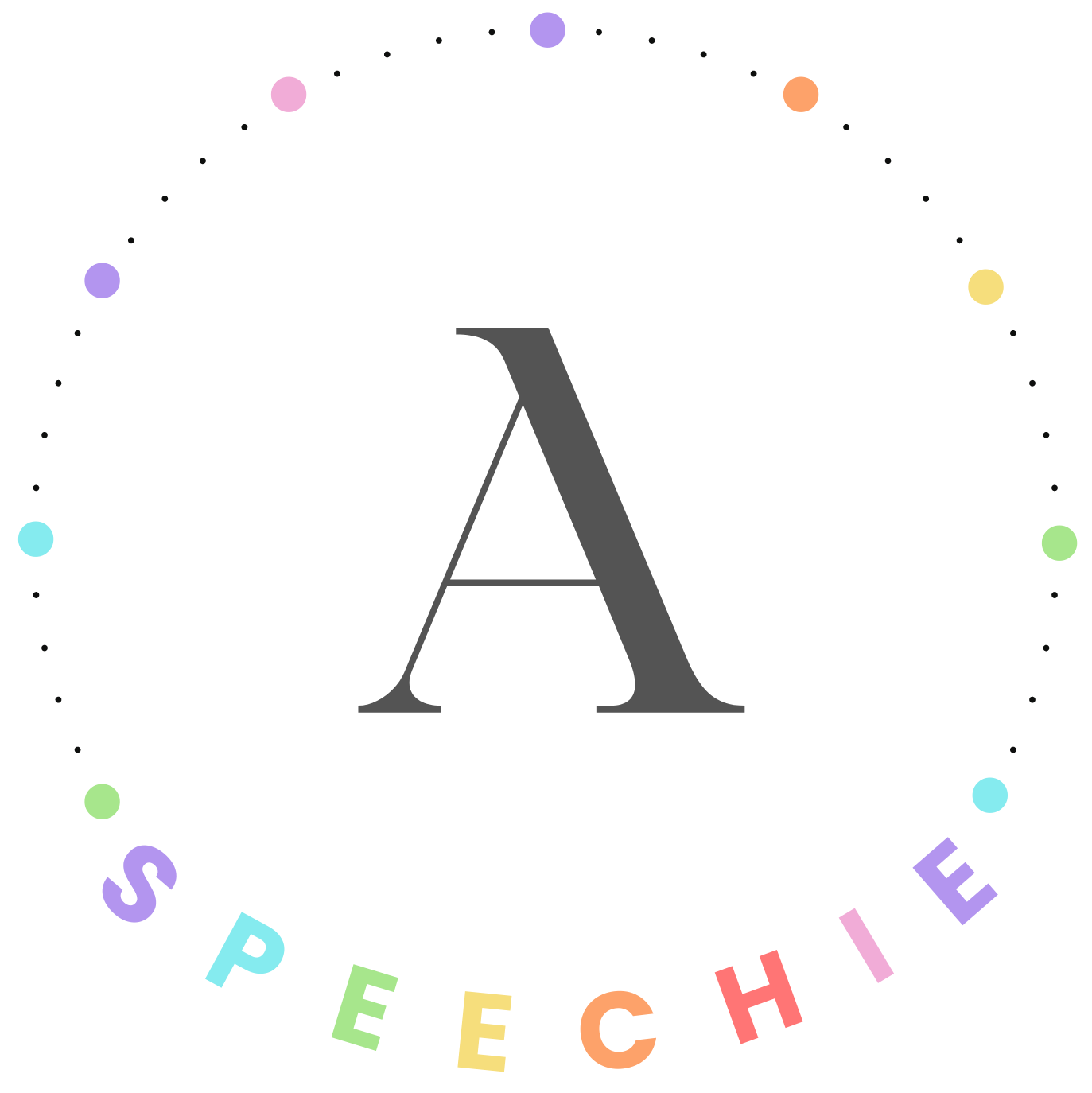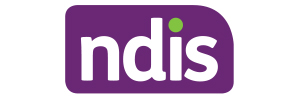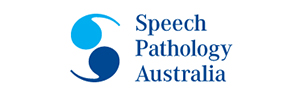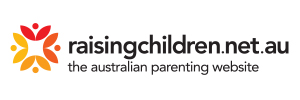Receptive and Expressive Language
Receptive and expressive language are fundamental aspects of communication that play an important role in a child’s development. Receptive language refers to the ability to understand and comprehend language, while expressive language refers to the ability to produce and communicate ideas through language. In paediatric speech pathology, speech pathologists work with children who may experience challenges with either receptive or expressive language.
By assessing and addressing these challenges, speech pathologists can help children develop their communication skills, which can lead to improved academic performance, social interactions, and self-esteem. For instance, children with receptive language difficulties may struggle with following instructions or understanding spoken language, which can affect their academic performance and social interactions. On the other hand, children with expressive language difficulties may have difficulty expressing themselves effectively, which can lead to frustration and impact their self-esteem.


Speech pathologists use evidence-based techniques and strategies to help children improve their receptive and expressive language skills. These may include play-based therapy, language activities, and visual aids to help children better understand and communicate ideas. Parent training is also a crucial component of paediatric speech pathology as it enables parents to support their child’s language development at home.
In summary, improving a child’s receptive and expressive language skills can have a significant impact on their overall development, and paediatric speech pathology can provide the support and guidance needed to help children reach their full potential.







